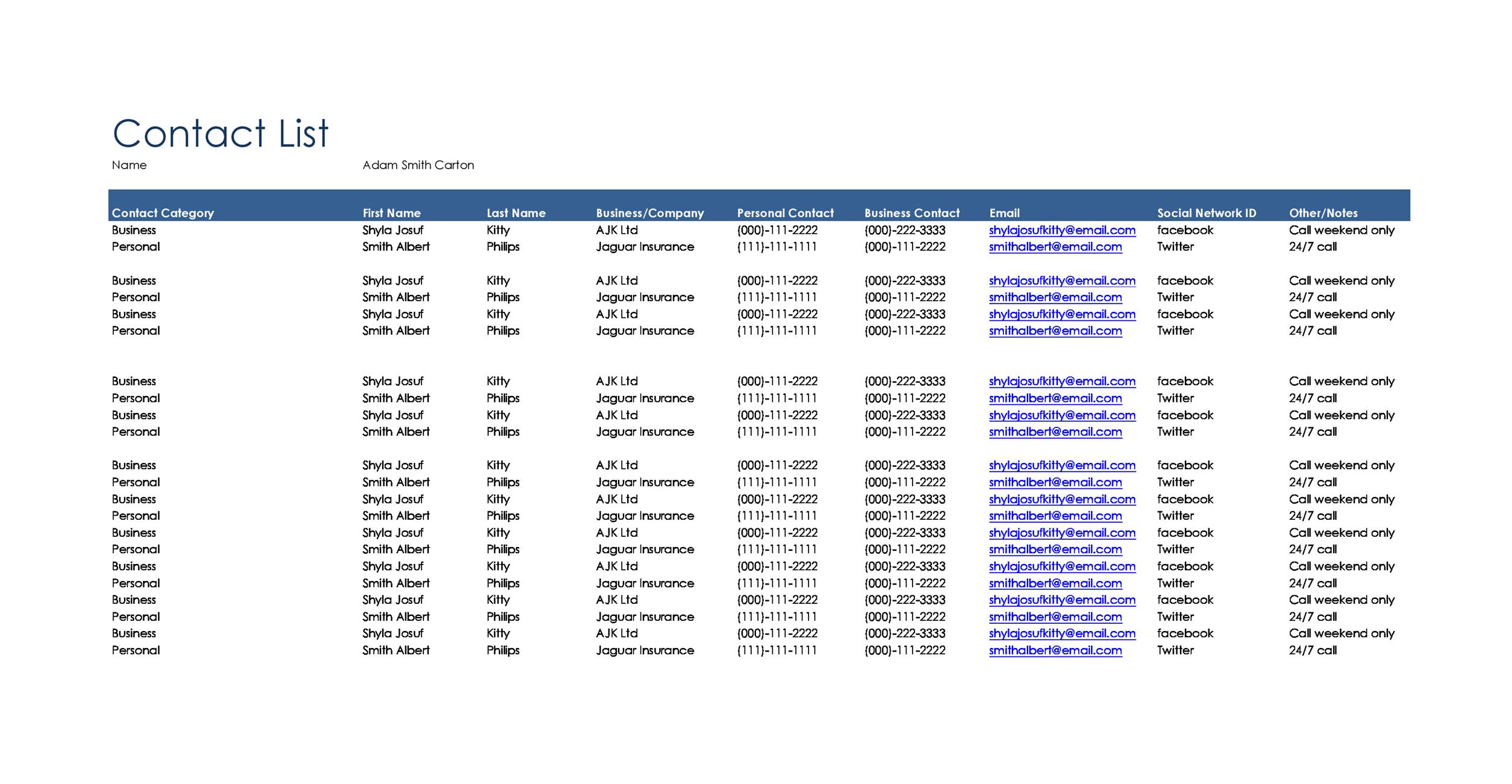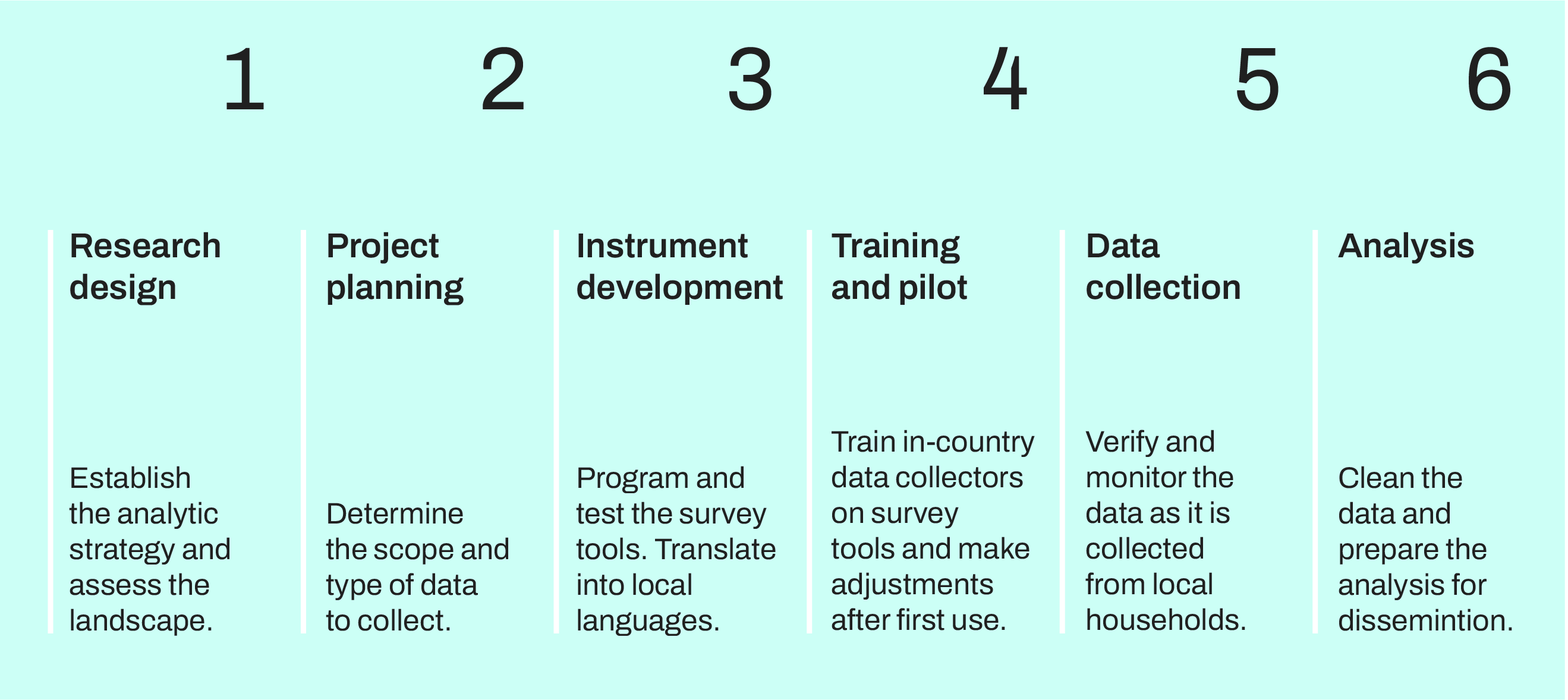Listcrawler Cincinnati: This exploration delves into the multifaceted world of data scraping within the city limits, examining the techniques, legal ramifications, and societal impacts of this increasingly prevalent practice. We will uncover the various types of lists targeted, from publicly accessible business directories to potentially sensitive resident information, and analyze the motivations behind such data collection. Understanding the ethical considerations and potential consequences is crucial for navigating this complex landscape responsibly.
The investigation will cover the technical aspects of listcrawling, including the programming languages and tools employed, along with strategies for handling data errors and ensuring efficient processing. We will also explore the potential benefits and drawbacks for both businesses and residents, considering how regulations might mitigate negative impacts while fostering innovation. Ultimately, the goal is to present a balanced perspective on listcrawling in Cincinnati, highlighting the need for responsible data handling and ethical considerations.
Understanding “Listcrawler Cincinnati”
The term “Listcrawler Cincinnati” suggests a process of systematically collecting data from lists specifically related to or located within the Cincinnati area. The precise nature of these lists and the motivations behind collecting them are multifaceted and depend heavily on the context. Understanding this requires examining the potential targets, methods, and goals of such an operation.
The phrase can refer to various activities, all revolving around the automated extraction of information from online or offline lists. The “crawler” aspect implies a programmatic approach, often using software to efficiently gather data at scale. The “Cincinnati” element specifies the geographic focus, limiting the targeted lists to those relevant to the city and its surroundings.
Potential Targets of Listcrawling in Cincinnati
The types of lists targeted in Cincinnati would be diverse, reflecting the city’s economic, social, and demographic landscape. These lists could range from publicly accessible directories to more restricted databases.
Examples include:
- Business listings: Data from online directories like Yelp, Google My Business, or industry-specific websites could be scraped to compile a comprehensive list of businesses in Cincinnati, categorized by industry, location, and other relevant attributes.
- Residential property listings: Real estate websites like Zillow or Realtor.com could be targeted to gather information on available properties, including addresses, prices, and property features.
- Voter registration lists: While access to these lists is often restricted due to privacy concerns, unauthorized access and scraping could be a concern.
- Public records: Information available through city government websites, such as building permits, property tax records, or business licenses, could also be a target.
- Email lists: Marketing lists containing email addresses of Cincinnati residents could be a target for spam or phishing campaigns.
Methods of Listcrawling in a City Context
Listcrawlers employ various techniques to extract information. These methods can range from simple web scraping to more sophisticated techniques involving APIs or data broker access.
Discover more by delving into nj craigslist south further.
Examples include:
- Web scraping: Automated programs use web scraping techniques to extract data directly from websites. This involves parsing HTML code to identify and extract relevant information.
- API access: Some websites offer APIs (Application Programming Interfaces) that allow authorized access to data. A listcrawler could use these APIs to legally obtain information.
- Data broker access: Data brokers compile and sell large datasets. A listcrawler could purchase access to relevant data from these brokers.
- Offline data collection: In some cases, information might be collected from offline sources, such as physical directories or printed materials.
Motivations Behind Crawling Lists in Cincinnati
The motivations behind listcrawling are diverse and can be both legitimate and illegitimate.
Examples include:
- Market research: Businesses may use listcrawling to gather market intelligence, understanding consumer preferences and competitor activities.
- Lead generation: Sales and marketing teams may use the data to identify potential customers.
- Real estate analysis: Investors or real estate agents might use listcrawling to analyze property values and market trends.
- Academic research: Researchers may use listcrawling to collect data for studies on urban planning, demographics, or other topics.
- Malicious activities: Cybercriminals could use the data for identity theft, phishing scams, or other illegal activities.
Hypothetical Scenario: Listcrawler in Cincinnati
Imagine a real estate investment firm in Cincinnati wanting to identify undervalued properties in specific neighborhoods. They develop a listcrawler that targets publicly available real estate listings, tax assessment data, and crime statistics. The crawler gathers this information, analyzes it, and produces reports highlighting properties with potential for high returns based on a combination of factors, allowing for more informed investment decisions.
This illustrates a legitimate use of listcrawling for market analysis.
Types of Lists Targeted: Listcrawler Cincinnati

Listcrawling in Cincinnati, like in any other city, involves targeting diverse online sources containing lists of individuals, businesses, or other entities. The value of these lists depends heavily on the type of data they contain and their accessibility. Understanding the various categories of list sources and their associated risks is crucial for ethical and effective listcrawling.
Different types of lists offer varying degrees of value depending on the intended use. For instance, a list of businesses categorized by industry might be valuable for targeted marketing, while a list of residents with their contact information could be used for community outreach (with appropriate legal and ethical considerations). The accessibility and security of these lists also significantly impact their usefulness and the potential legal ramifications of accessing them.
Cincinnati List Sources Categorized by Data Type
The following categories represent potential online sources of lists in Cincinnati, organized by the type of information they contain. Each category presents unique challenges and opportunities for a listcrawler.
| Source Type | Data Type | Accessibility | Security Risks |
|---|---|---|---|
| Cincinnati City Government Websites | Public records (business licenses, property records, permits), city council meeting agendas and minutes, public works projects | Generally accessible, but may require navigation through multiple pages and potentially filing requests under Freedom of Information Act (FOIA) | Data breaches are possible, though government websites usually have robust security measures. Risks are associated with misuse of publicly available information. |
| Hamilton County Government Websites | Similar to city government data, but at the county level (e.g., property tax records, voter registration information) | Similar to city websites, accessibility varies depending on data and requires navigating various pages. | Similar security risks to city government websites. Data misuse is a concern. |
| Chamber of Commerce Websites | Business directories, member lists (often with contact information), industry-specific groups | Accessibility varies; some information may be publicly available, while other parts require membership or payment. | Risk of scraping protected member information; potential for legal action if terms of service are violated. |
| Yellow Pages/Online Directories | Business listings with contact information, addresses, and sometimes reviews | Generally accessible, but data may be incomplete or outdated. | Limited security risks, though scraping large amounts of data could violate terms of service. |
| Real Estate Websites (e.g., Zillow, Realtor.com) | Property listings with owner information (sometimes limited), address, and property details | Publicly accessible, but some details might require accounts or subscriptions. | Scraping data may violate terms of service. Privacy concerns related to owner information. |
| Social Media Platforms | User profiles with publicly available information (name, location, interests, etc.) | Publicly accessible but subject to platform terms of service and privacy settings. | Risk of violating platform terms of service, leading to account suspension or legal action. Privacy violations are a major concern. |
Legal and Ethical Implications
Web scraping, while a powerful tool for data acquisition, carries significant legal and ethical implications. Understanding these implications is crucial for responsible data collection and usage, especially when targeting lists from various sources in Cincinnati or elsewhere. Failure to comply with legal and ethical standards can lead to serious consequences, including legal action and reputational damage.
Legal Implications of Unauthorized List Scraping
Scraping lists without explicit permission from the website owner or data provider is often a violation of various laws. These laws vary depending on jurisdiction and the specific nature of the data, but commonly include violations of terms of service, copyright infringement, and potential breaches of privacy laws like the CCPA (California Consumer Privacy Act) or GDPR (General Data Protection Regulation) if the data involves personally identifiable information (PII).
Website terms of service often explicitly prohibit scraping, and ignoring these terms can result in legal action, including cease and desist letters, lawsuits, and even criminal charges in some extreme cases. For example, a company could sue a listcrawler for lost revenue if the scraped data was used to compete unfairly.
Ethical Concerns Related to Scraped Data
Even when scraping publicly accessible data, ethical considerations remain. The potential for misuse of scraped data is substantial. For instance, scraping contact information from a business directory and using it for unsolicited marketing could be viewed as unethical, even if technically legal. Furthermore, scraping data without transparency or informing individuals whose information is being collected raises significant ethical concerns related to privacy and consent.
The lack of transparency can erode trust and damage the reputation of the entity performing the scraping. Using scraped data to create unfair competitive advantages or to engage in discriminatory practices are also major ethical issues.
Responsible Data Collection Practices
Responsible data collection involves prioritizing transparency, respect for privacy, and compliance with legal regulations. This includes obtaining explicit permission whenever possible, respecting robots.txt directives, and adhering to website terms of service. Implementing measures to anonymize or pseudonymize data when appropriate is also vital. Furthermore, responsible data collectors should have a clear data usage policy outlining how the collected data will be used and protected.
For example, a responsible data collection policy might state that collected data will only be used for internal analysis and will never be sold to third parties.
Differences Between Scraping Publicly Available and Private Data
The legal and ethical implications differ significantly depending on whether the data is publicly available or private. Publicly available data, such as information freely accessible on a website’s public pages, generally has fewer legal restrictions, although ethical considerations still apply. However, scraping private data, such as data behind a login wall or protected by specific access controls, is almost always a legal violation.
This distinction is crucial; accessing private data without authorization can result in severe legal penalties.
Responsible Data Usage Policy
A responsible data usage policy should clearly Artikel the permitted uses of scraped data, including data storage, processing, and sharing practices. It should also address data security measures, data retention policies, and procedures for handling data breaches. The policy should clearly state the purpose of data collection, the types of data collected, and the intended recipients of the data.
For example, a policy might stipulate that data will only be used for internal research purposes and will be deleted after a specified period. Furthermore, it should define processes for handling requests for data access, correction, or deletion in accordance with relevant data protection laws.
Impact on Cincinnati Businesses and Residents

Listcrawling in Cincinnati, like in any other city, presents a double-edged sword, impacting both businesses and residents. While it can offer certain advantages, the potential negative consequences related to data privacy and economic stability necessitate a careful consideration of its implications. This section will explore the multifaceted effects of listcrawling on the Cincinnati community.
Impact on Local Businesses
The impact of listcrawling on Cincinnati businesses is complex. On one hand, legitimate businesses might leverage publicly available data to refine their marketing strategies, targeting specific demographics more effectively. This could lead to increased sales and improved customer engagement. However, the potential for misuse is significant. Unauthorized access to business contact information could be used for malicious purposes, such as competitive intelligence gathering or phishing scams, potentially leading to financial losses and reputational damage.
Small businesses, in particular, might lack the resources to adequately protect themselves against such attacks. A successful listcrawling campaign against a local restaurant, for instance, could result in the theft of customer data, leading to a breach of trust and a potential loss of business. Conversely, a successful marketing campaign using legally obtained and ethically sourced data could lead to significant revenue increases for a local clothing store.
Impact on Resident Privacy
Listcrawling poses a significant threat to the privacy of Cincinnati residents. The aggregation of publicly available data, such as social media profiles, online directories, and public records, can create detailed profiles of individuals, revealing sensitive information about their lifestyles, preferences, and even financial situations. This information could be misused for targeted advertising, identity theft, or even harassment. For example, a resident’s political affiliations, gleaned from social media, could be used to target them with manipulative advertising or even to subject them to online harassment.
The lack of transparency inherent in listcrawling makes it difficult for residents to understand how their data is being collected and used, further exacerbating privacy concerns.
Protecting Business Data from Listcrawlers
Businesses in Cincinnati can take several steps to protect their data from listcrawlers. These include implementing strong password policies, regularly updating software and security systems, and training employees on cybersecurity best practices. Employing data encryption techniques and limiting access to sensitive information are also crucial. Regularly reviewing and updating privacy policies and ensuring compliance with relevant regulations, such as the GDPR (for EU residents’ data) and CCPA (for California residents’ data), can also help mitigate the risk.
Proactive monitoring of online activity for suspicious behavior can aid in early detection of potential listcrawling attempts. Furthermore, partnering with cybersecurity firms to conduct regular security audits and penetration testing can significantly enhance data protection measures.
Economic Consequences of Widespread Listcrawling
Widespread listcrawling could have significant negative economic consequences for Cincinnati. The loss of business due to data breaches, the costs associated with data protection and remediation efforts, and the potential for decreased consumer trust could all negatively impact the local economy. The cost of responding to data breaches, including legal fees, public relations efforts, and credit monitoring services for affected customers, can be substantial, particularly for smaller businesses.
Moreover, a climate of distrust resulting from widespread data breaches could deter investment and hinder economic growth. Conversely, the effective use of legally obtained data for targeted marketing could stimulate economic activity by increasing sales and boosting local businesses.
Mitigating Negative Impacts Through Regulations, Listcrawler cincinnati
Regulations play a crucial role in mitigating the negative impacts of listcrawling. Clearer laws regarding data collection, use, and sharing, coupled with robust enforcement mechanisms, are necessary to protect both businesses and residents. Legislation should focus on transparency, accountability, and individual rights, empowering individuals to control their data and hold entities accountable for misuse. Regular audits of data practices, coupled with stringent penalties for violations, could deter malicious activities.
Additionally, educating businesses and residents about the risks of listcrawling and promoting best practices for data protection can foster a more secure and responsible data environment. This could include public awareness campaigns and readily accessible resources to help individuals understand their rights and options.
In conclusion, the practice of listcrawling in Cincinnati, while presenting opportunities for data-driven insights and business improvements, necessitates a careful consideration of ethical and legal boundaries. Responsible data collection practices, coupled with robust security measures and a clear understanding of applicable regulations, are essential for mitigating potential harm to businesses and residents alike. By fostering transparency and accountability, we can harness the potential benefits of data analysis while safeguarding individual privacy and maintaining a fair and equitable digital environment.



